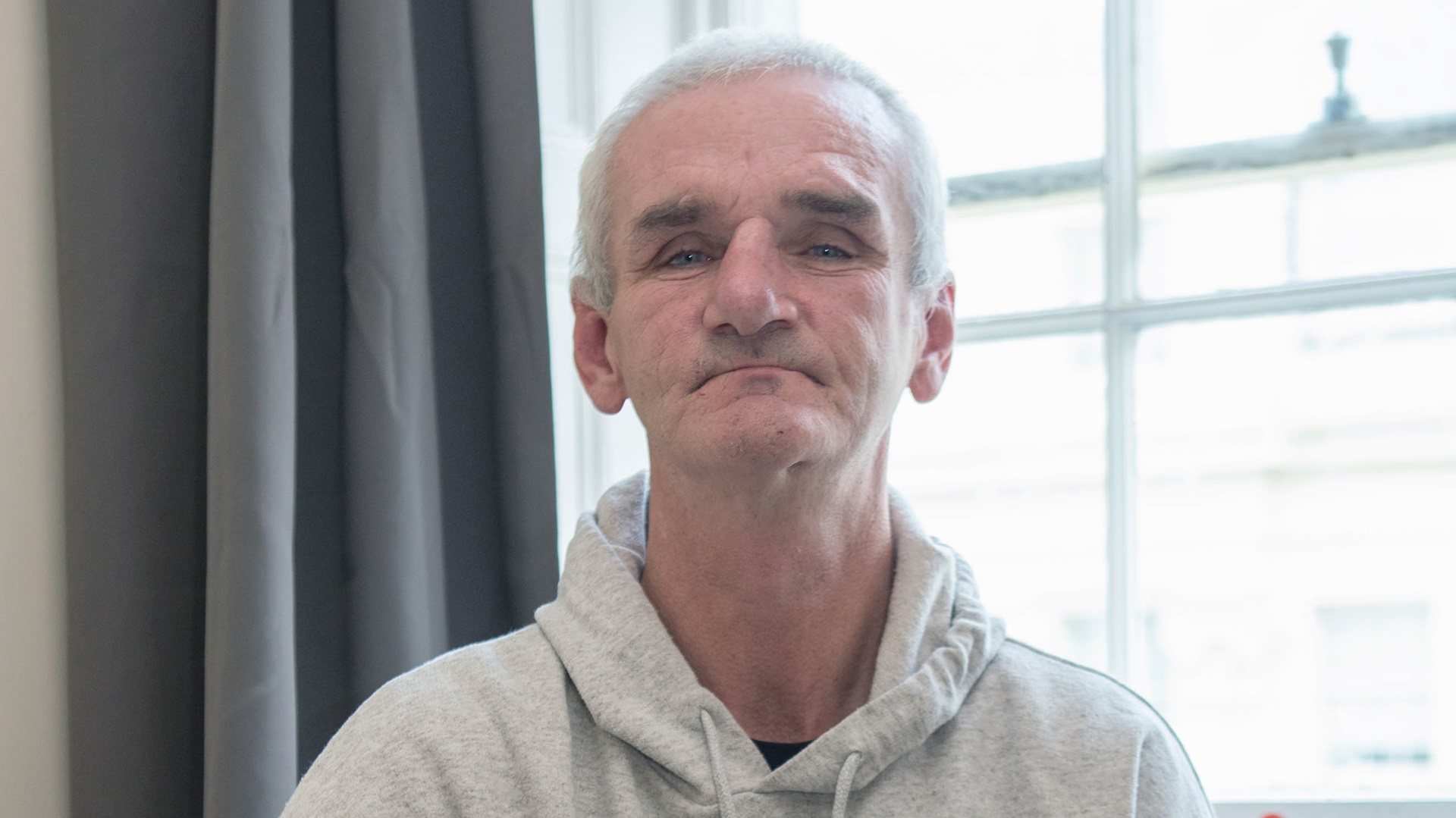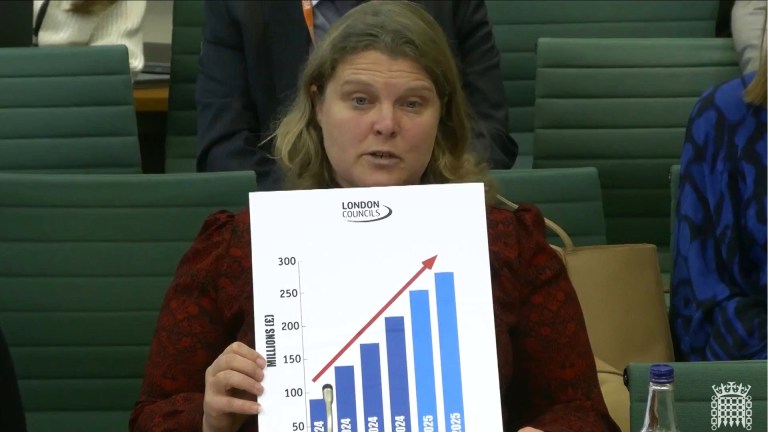“Councils are hit by a double harm of increased demands for services while experiencing a significant hit to their real-terms spending power in recent years.
“The government must use the local government financial settlement to help bridge the £4bn funding gap for 2024-25 or risk already strained council services becoming stretched to breaking point. If the government fails to plug this gap, well-run councils could face the very real prospect of effectively going bust.
“Long-term reform is vitally needed. Councils are being forced to hike up council tax, in a forlorn attempt to plug increasingly large holes in their budgets, is unsustainable and unfair to local people who are, year on year, seeing less services while paying more.”
The committee heard that increasing levels of homelessness have required local authorities to spend more in fulfilling their statutory duties to people who require support.
Stephen Jones, director of Core Cities UK, told MPs that one local authority had tripled its homelessness and temporary accommodation budget and was still seeing costs that are “outstripping that”.
Lambeth Council leader Claire Holland said that London boroughs are forecasting to overspend over £90m on temporary accommodation this year. “That is a massive cost to us [ … ] In my own borough it is sadly going up consistently and constantly,” she added.
Advertising helps fund Big Issue’s mission to end poverty
The biggest driver of homelessness was the freeze in local housing allowance, MPs concluded.
The Big Issue campaigned for local housing allowance rates to be unfrozen to cover the bottom 30% of local market rents after a four-year freeze left housing benefits lagging behind rents.
Abdool Kara, executive director at the National Audit Office, said the failure to fund housing benefits left councils caught in a vicious cycle.
“The freezing of local housing allowance rates does two things: it creates more people who are homeless, because their housing benefit cannot afford rising rents,” said Kara.
“But more importantly it means that local authorities cannot discharge their duty towards households once those people are homeless, because they cannot find them properties in the local area that are within the local housing allowance rates.”
Rates will rise in April to give a much-needed boost to low-income renters. Levelling up secretary Michael Gove told MPs that the wait since the announcement at November’s Autumn Statement was down to “the way the public spending cycle works”.
Advertising helps fund Big Issue’s mission to end poverty
The committee urged the government to rethink plans to re-freeze LHA rates next year and called for a renewed effort to build social housing to be at the top of ministers’ agenda.
Failure to do so will see pressures on public sector finances escalate further.
Meanwhile, the LUHC Committee report also highlighted the costs involved in the delivery of services for children and young people with special educational needs and disabilities and home-to-school transport.
It called for a full review into the Education, Health and Care plan system and to consider reforms to make special educational needs provision financially sustainable.
Councillor Pete Marland, chair of the Local Government Association’s Resources Board, said: “Councils have led the way at finding ways to save money and reduce costs and this work will continue, but they will still need to raise council tax this year and many will need to make further savings to local services in order to plug remaining funding gaps.
“As the committee rightly highlights, cost and demand pressures will continue to stretch council budgets to the limit. Without further funding, some councils will find themselves struggling to set balanced budgets in 2024/25 and potentially unable to do so as they look forward to 2025/26.
Advertising helps fund Big Issue’s mission to end poverty
A Department for Levelling Up, Housing and Communities spokesperson said: “We recognise councils are facing challenges and that is why we recently announced an additional £600m support package for councils across England, increasing their overall proposed funding for next year to £64.7bn – a 7.5% increase in cash terms.
“This additional funding has been welcomed by leading local government organisations, but we remain ready to talk to any concerned council about its financial position.”
Do you have a story to tell or opinions to share about this? We want to hear from you. Get in touch and tell us more.










